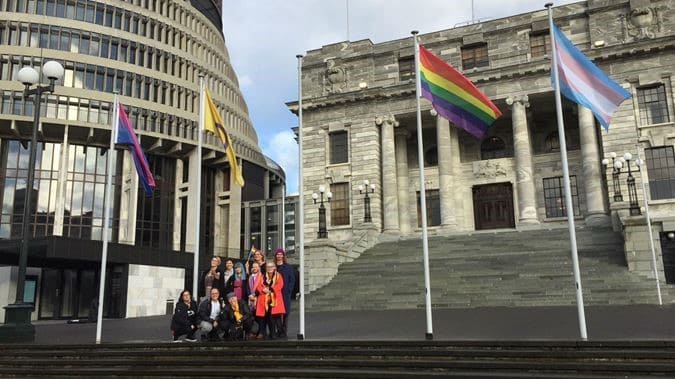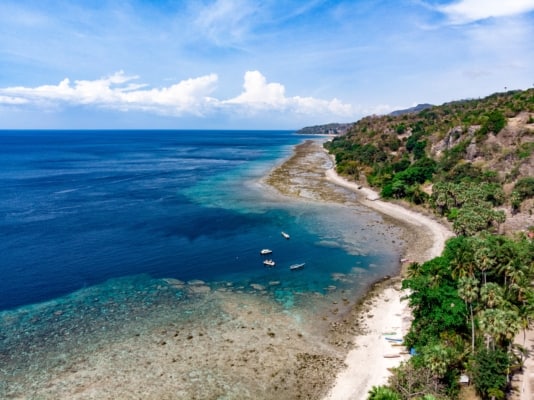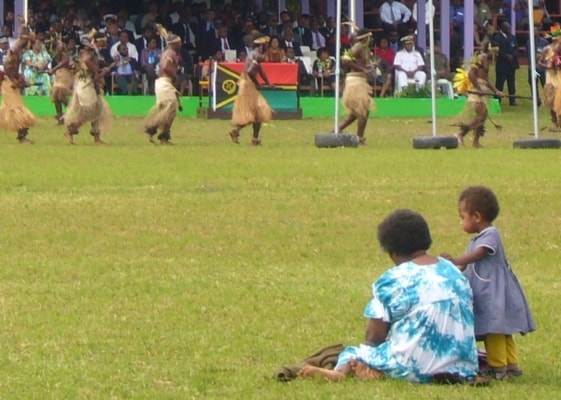Image: Human Rights Commission, New Zealand.
WHAT IT’S ABOUT
How personal and performance factors influence MP’s ability to initiate and support inclusive legislation
- Are there specific qualities that MPs possess that support them in pushing for inclusive change?
- How are these factors (agency/performance) utilised in this process?
- Do these factors change depending on the structural environment leaders are situated in?
- How can these qualities be supported and sustained?
WHAT WE EXPECT TO LEARN
How programmes that aim to support parliamentarians can be designed to recognise and develop qualities that might stimulate and sustain a parliamentarian’s work for inclusive change.
PROJECT DESCRIPTION
This project seeks to question whether there are specific qualities that MPs possess which support them in pushing for inclusive change and whether these factors change depending on the structural environment leaders are situated in.
Although broad, inclusive change encompasses legislation and policy which has explicitly recognised, measured and planned around the specific needs and impacts on marginalised groups, looking at indicators such as gender, sexuality, ethnicity, socio-economic status, disability and age. As the skills needed to mobilise for inclusive change are likely to differ from work on other forms of legislation, a leader-centered approach, which emphasises the key characteristics and life histories of leaders, will be used to explore how personal factors shapes parliamentarians’ ability to initiate and support inclusive legislation.
WHO’S INVOLVED, WHERE
Rebecca Gordon, University of West Scotland (formerly University of Birmingham)
Victoria Hasson, Westminster Foundation for Democracy
Nic Cheeseman, University of Birmingham
David Hudson, University of Birmingham
Rebecca is the Westminster Foundation for Democracy (WFD) Post-Doctoral Fellow in Leadership for Inclusive and Democratic Politics, a role funded by WFD and in collaboration with the International Development Department, University of Birmingham, and the Developmental Leadership Program.
COUNTRIES
Northern Africa (Tunisia); Eastern Africa (Malawi; Zimbabwe); Western Africa (Nigeria); the Caribbean (Jamaica); Central America (Belize); South America (Argentina; Chile); Northern America (Canada); Central Asia (Kyrgyzstan); Eastern Asia (Republic of Korea); South-eastern Asia (Cambodia; Indonesia; Malaysia; Philippines); Southern Asia (Afghanistan; Pakistan); Northern Europe (Denmark; UK); Southern Europe (North Macedonia) and Oceania (Australia; New Zealand).
TIMELINE
January 2021 – September 2021
FIND OUT MORE
PROJECT NEWS
Sign up to the DLP Leadership Observatory for more information on DLP projects or visit the DLP Twitter account to join the conversation #LeadershipObvs.
You may like to visit our partner’s website.
- Westminster Foundation for Democracy, on Twitter @WFD_Democracy
- University of Birmingham, on Twitter @unibirmingham
- International Development Department, University of Birmingham, on Twitter @iddbirmingham













